According to the American Psychological Association, ‘learning is the acquisition of skill or knowledge, while memory is the expression of what you’ve acquired’.
Whilst learning and memory are closely related concepts, learning is the process of studying something and committing it to memory, and memory is the cognitive process that encodes, stores, and retrieves prior learnings as well as past experiences.
The three main processes in human memory
There are three main processes which influence human memory functions and our ability to retain information.
1. Encoding
The first process the human memory puts into operation is encoding – an active and selective process which dictates the efficiency of learning based on a number of factors. These include:
Content factors
The volume of the material, how well organised the material is, how familiar the material is, and the nature of the material all affect the encoding process. The structure of the content also plays a part, as information at the beginning and end tends to be committed to memory at a higher rate than the material in the middle.
Remembering information presented at the beginning is called the primacy effect. The causes of this include attention span, and people being more likely to pay attention at the beginning, and memory limitations, as early information is likely to be rehearsed and thus stored in long-term memory.
Environmental factors
The environment in which learning occurs can affect how well information is transmitted to memory. Factors within this include temperature, humidity and noise.
In a study examining the impact of cumulative heat exposure on cognitive skill development by Harvard Kennedy School Associate Professor Joshua Goodman, data from ten million American students from high school classes of 2001 to 2014 found that students scored lower when they had just experienced a hot school year than when they had just experienced a cool school year. They also found that low-income and minority students were impacted by heat more than others, and that air conditioning completely eliminated the impact of the heat on learning outcomes.
Subjective factors
A learner’s state of rest or fatigue, health and illness can all affect the encoding process in memory.
Scientists measuring the impact of sleep deprivation on cognitive performance found that sleep deprivation leads to lower levels of alertness and concentration, making it more difficult to focus and pay attention to information which affects the human learning process.
2. Storing
The second memory process which makes it possible to preserve encoded information is storing – though storing information may also be subject to a time limit and inaccuracy.
There are two levels of memory:
- Short-term memory (STM) (or working memory) – which is relatively brief and limited in the capacity and duration in which information is retained
- Long-term memory (LTM) – which has a seemingly unlimited capacity for storing information which can last years
Both short-term and long-term memory act as a filter to protect the human brain from the huge amount of information presented to us on a daily basis. The more often a piece of information is presented to us, or the more likely a new skill is practised, the more likely for retention in long-term memory occurs.
3. Retrieval
The third memory process is retrieval which accesses stored information through recognition or recall.
Recognition is when we experience a familiar event or an object and involves a process of comparison against the information in our memory. For example, seeing a face we recognise, knowing if something is true or false, or having an answer presented to us within a multiple choice question all act upon the process of recognition.
Recall involves remembering a fact, event or object and requires the direct uncovering of information from memory. For example, remembering the name of the familiar face, and answering blank questions.
Recognition memory is simpler, because it only requires one step, whereas recall requires two – the search and memory retrieval of information and choosing the correct information from the multiple items that have been retrieved.
How does the brain work with memory?
Memory is complex, and neuroscientists are still working to uncover how memory formation occurs within the human brain. Within neuroscience, the three basic approaches to finding where memory is located is through: modern imaging techniques like functional magnetic resonance imaging (fMRI) or positron emission tomography (PET), where subjects are placed in a scanner and given a memory test and brain activity is assessed; experimental procedures where small parts of the brain of mice or rats are removed or chemically inactivated and they are examined to see if the lesion causes an impairment to memory systems; and studies on individuals with brain disease or injuries where memory performance is linked to the area of the brain that has been damaged.
Memory is generally divided into two categories: explicit memory (or declarative memory) and implicit memory (or non-declarative memory). Different types of memory are stored in different areas of the brain.
Implicit memories
The skills, habits and behaviours that we exhibit without conscious awareness are defined as implicit memories. These are the behaviours that we do on auto-pilot, such as getting dressed. Once we learn these skills, they are easy to do but difficult to explain how we do it as it’s an unconscious action.
There are two areas of the brain which are involved in these behaviours – the basal ganglia which is involved in the formation of them, and the cerebellum which is involved in the timing and execution of these learned motor movements.
Explicit memories
Explicit memories are the ones which can be verbally expressed, and they include the episodic memory of everyday events and past personal experiences, as well as the semantic memory of facts and general world knowledge that is accumulated throughout our lives. The two main brain regions associated with explicit memories are the hippocampus and the prefrontal cortex.
The hippocampus, which is located above the amygdala and is also known as the emotion centre, plays an important role in short-term memory encoding into long-term memories. Hippocampal damage can result in a loss to declarative memories, causing amnesia.
The prefrontal cortex has a central role in cognitive functions and is essential for the formation of short-term memories. It holds information for short periods, but is key to planning behaviours and responses to immediate situations.
How does stress affect learning and memory?
Prolonged stress can affect our everyday memory and cognitive skills. Since 2020, the Covid-19 pandemic has affected everyone across the globe, which has caused stress, social isolation and disruption to many people.
Professor of Psychology and Director of the Schacter Memory Lab at Harvard University is quoted in this article as saying: ‘If we’re under a lot of stress, sometimes it can very negatively impact retrieval of information’. One effect of this is ‘blocking’, which is where information is available in memory but we can’t retrieve it when we want to – when something feels as though it’s on the tip of your tongue, but you can’t quite reach the information. Absent-mindedness and forgetting to do things because you’re not focused could also happen under prolonged stress, especially if someone is worrying a lot about Covid-19. All of these factors are also disruptive to the learning process.
There are, however, various coping mechanisms people can adopt to reduce prolonged stress and sharpen memory skills. These include writing a to-do list to avoid becoming overwhelmed, looking ahead to the future rather than focusing on the here and now, and adding meditation to your daily routine.
Commit your learning of psychology to long-term memory
If you’re looking to get ahead in your career by taking a psychological approach to learning and memory, the University of Sunderland’s 100% online MSc Psychology is for you.
In the Learning and Memory module, you will delve into different theories of learning and evaluate how they can be applied in education and training, whilst exploring different types of memory in more detail and learning how they can be impaired or enhanced.
This master’s degree is studied part-time and at your own pace, so you can apply what you learn to your current role. Applicable to any sector, having a deep knowledge of psychology can help you progress in the workplace.






